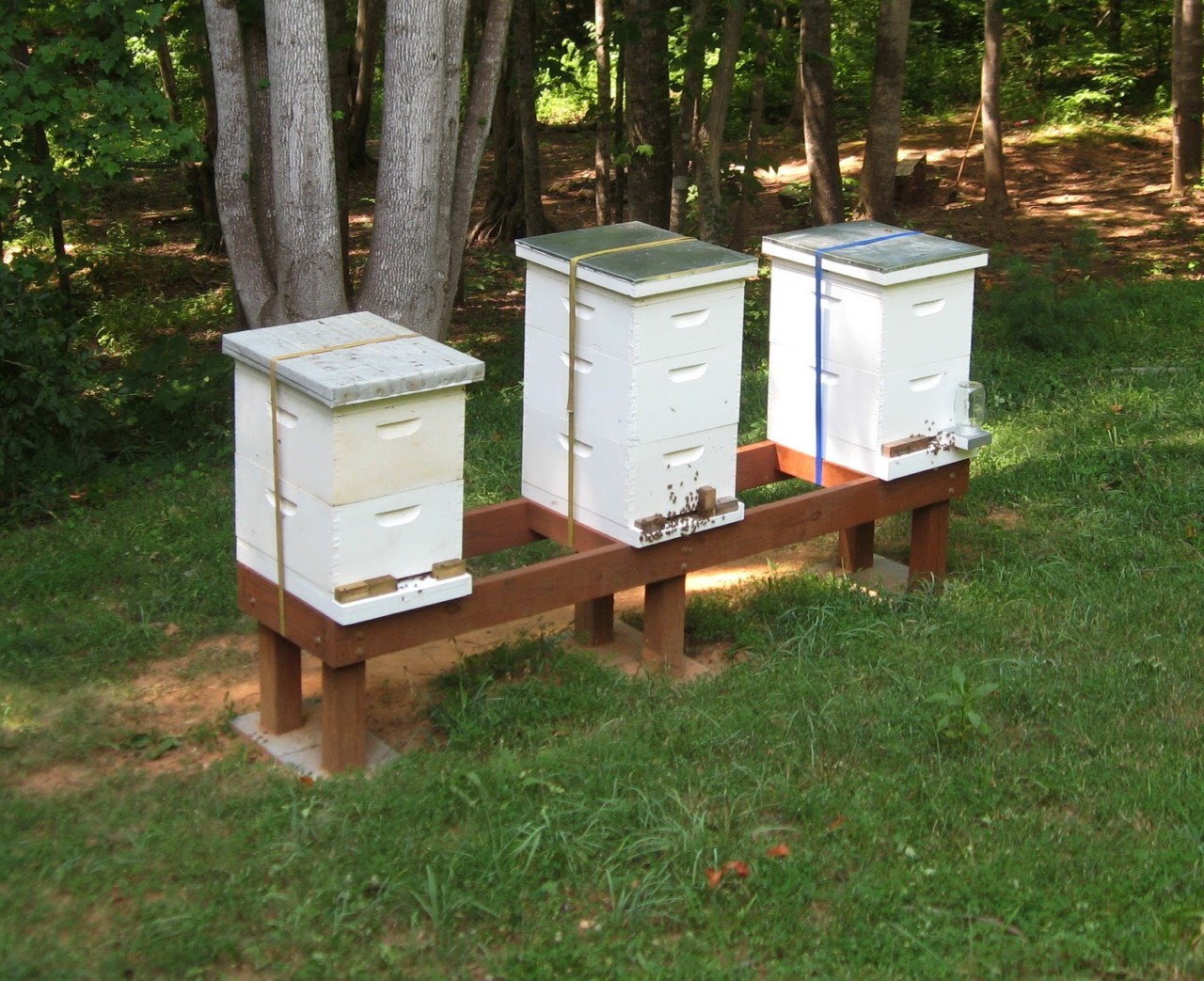Are you one of many who have considered beekeeping as a hobby? The popularity of beekeeping has increased dramatically. If so you likely have many questions. To help you there are beekeeping communities in Marion and surrounding counties who are available and eager to answer your questions and help you make decisions.
Common Early Questions About Beekeeping
Q: Am I allowed to have bees on my property?
A: Probably. Most towns and cities in Indiana do allow honey bees; Indianapolis is one of them. Indianapolis permits up to 8 hives on a property, more if it is more than 5 acres. There are Important Exceptions Fishers and Brownsburg have restrictions. Areas with homeowners associations may or may not have restrictions. Of course, do not place bees on public property, or other private property without permission.
For new beekeepers we suggest beginning with one, preferably two colonies/hives.
Q: Will I get stung?
A: Yes, you will get stung, it is a part of being a beekeeper. Much can be done to minimize the occurrences: wearing protective clothing, using smoke, and above all becoming experienced working around honey-bees.
Q: Are honey-bees dangerous? Will they attack children, pets, etc.?
In spite of what you may have seen in the movies, honey-bees will not attack en masse. Most beekeepers have children, grandchildren and/or pets. Young people are often the promotors for beekeeping as an educational experience.
Honey-bees have a gentle nature. Typically they will not sting unless threatened, such as stepping on one with a bare foot, or grabbing one with you hand. The only persons likely get stung are the beekeepers while working directly with the hive. Good beekeeping habits and roper protection keep such occurrences to a minimum.
Q: How much time is involved with keeping honey bees?
Time commitment varies with the season of the year, the health of your colonies and the number of colonies you maintain.
- Expect about 1 to 2 hours per week on average from early spring through fall, in winter almost nothing. These estimates are highly variable.
- At is a good idea to stay up to date by attending your local beekeeping club, and other learning opportunities such as those provided by The Beekeepers of Indiana.
Q: Is beekeeping expensive?
There are significant start-up costs. You will need hives for the bees, protection for yourself, basic tools for working the bees, etc. You will need to purchase your first bee colony.
What to purchase, what type, etc. can be confusing. Books and videos are a start, but working with experienced local beekeepers is highly advised.
Q; Can I make money raising honey bees by selling the honey, etc.?
A; Probably not. As noted above there are numerous expenses involved with beekeeping. Beekeeping is, a hobby that is fun, educational and may provide honey for you, family and friends.
Q: If I decide to try beekeeping, is help available?
Beekeepers are very friendly people and enjoy sharing their knowledge and experiences. We Love our honey-bees and enjoy working with others. Quite likely there beekeepers living near you. Check our CIBA website for our meeting dates, times, locations, as well as for other clubs in central Indiana. (See below).
There are several beekeeping clubs in Central Indiana. Check the Beekeepers of Indiana website for information on these and other clubs throughout the state. Here are a few in and around Marion County.:
- Central Indiana Beekeepers Association (CIBA) (Northern Marion and Southern Hamelton Counties.)
- Indy Southside Beekeepers Group (Southeastern Marion Co.)
- North Central Beekeepers Association (Westfield Area and Hamilton Co.)
- East Central Beekeepers Association (Anderson and Fortville)
- Greenfield Community Beekeepers (Greenfield)
- White Lick Beekeepers (Mooresville)
- West Central Beekeepers (Thorntown)
Still Interested? What comes next?
Get Started NOW!
There is much to consider, much to learn, much planning before your first honey-bees arrive in April or May. There are numerous resources available
- First Lessons in Beekeeping, by Kieth Delaplane is an excellent for beginning beekeepers. (There are other books as well.)
- Become involved with a local Beekeeping Club. (Most clubs have not dues.)
- Join The Beekeepers of Indiana (TBoI) – $15 per year and worth every penny: news on upcoming events and workshops; quarterly information on beekeeping clubs throughout the state; TBoI member roster, listed by county, and more.

